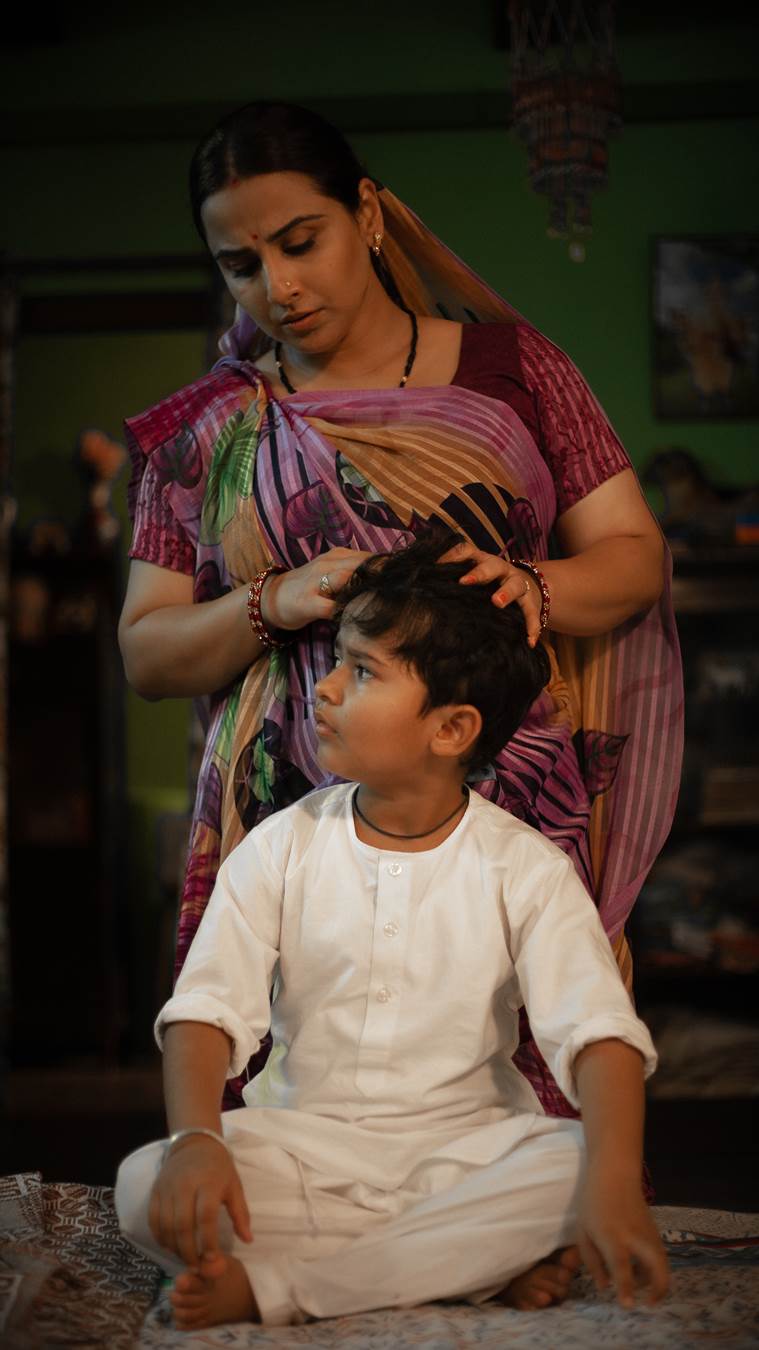Among Bollywood-backed Indian short films, a documentary on Jadugora eyes spot in Oscars shortlist
The Oscar-winning Mexican “Three Amigos of Cinema” — Alejandro Iñárritu, Alfonso Cuarón and Guillermo del Toro — before they took over Hollywood, “made more short films than features,” says Carter Pilcher, founder CEO of ShortsTV, the only 24×7 global channel dedicated to short films across India, the US, Latin America and Europe, and a member of the Short Film and Feature Animation branch of The US Academy of Motion Picture, Arts and Sciences (AMPAS) (that votes for the Oscars). For the 93rd Academy Awards (April 25), the members are voting this week, and the Oscars shortlist will be announced on February 9.
“Short films in India are just starting to take off as an impactful way of telling a story in a short amount of time,” says London-based Pilcher. Two years ago, when Naseeruddin Shah’s short film Half Full won ShortsTV’s Best of India Short Film Festival (started that year), Shah’s wife actor Ratna Pathak Shah grabbed Pilcher’s hand and said, he recounts, “You must bring short documentaries to the festival, bring some of the Indian issues to the world’s attention. It’s a very big way to bring important change to India.” That was the push behind ShortsTV’s drive this year to send, from India, Saurav Vishnu’s Tailing Pond in the documentary short category shortlist. Vidhu Vinod Chopra’s 1979 An Encounter with Faces was nominated in this category, and Rayka Zehtabchi’s Period. End of Sentence, set in India, won in 2019.
For live-action shorts, ShortsTV, from its Best of India Short Film Festival, sent the Vidya Balan-starrer Natkhat, produced by Balan and Ronnie Screwvala, and directed by Shaan Vyas (a producer on The Lunchbox), and Sayani Gupta-starrer, Keith Gomes-directed Shameless. Natkhat takes on rape culture with Balan’s mother educating her little son about gender equality through bedtime stories and abuse marks on her face. With sound by Oscar-winning Resul Pookutty (Slumdog Millionaire), Shameless shows an at-home cussing software engineer trapped by Gupta’s delivery girl, pointing at class, privilege, entitlement and the lack of empathy towards migrant workers — more relevant in today’s work-from-home times.
 Natkhat takes on rape culture with Vidya Balan’s mother educating her little son about gender equality through bedtime stories and abuse marks on her face
Natkhat takes on rape culture with Vidya Balan’s mother educating her little son about gender equality through bedtime stories and abuse marks on her face
Also in the race is Adil Hussain co-produced, Tushar Tyagi-directed Saving Chintu. And Student Academy Award silver-winner Karishma Dev Dube’s Bittu, backed by newly launched cinema collective Indian Women Rising, by Ekta Kapoor, Guneet Monga and Tahira Kashyap.
Each film makes a bold social statement, and yet, it is the gut-wrenching Tailing Pond that feels like a wake-up call and asks of you: whether the human cost is negligible for a nation desirous of becoming a nuclear power? The documentary trains the lens on Jadugora (also spelt Jaduguda), a small town near Tata Nagar/Jamshedpur in Jharkhand that has India’s first and largest uranium (atomic-bomb component) mine; large-scale mining by the government-owned Uranium Corporation of India (UCIL) has been taking place since 1967, severely crippling and killing generations of locals. “It is a great coming of age for India, to tell a story like this so credibly that you walk away knowing that something has to be done. I’m hopeful it will stimulate change. That’s what documentaries should do,” says Pilcher.
 Saurav Vishnu’s Tailing Pond has been sent in the documentary short category shortlist.
Saurav Vishnu’s Tailing Pond has been sent in the documentary short category shortlist.
The film opens in blue filter, a fictional reimagining of a man, in 1998, running through fields to get the doctor to his wife, who delivers a child whose limbs and face have not formed. The form then jumps to documentary to show present-day Jaduguda, contaminated by toxic radioactive waste found in land, water and air. While the UCIL’s office is “closely guarded by Rapid Action Force” and the town’s “skies forbidden to aircraft”. Among the town’s nine tailing ponds, stands a 193-acre manmade one (tailings, semi-liquid black slurry with burnt-rubber smell, are material left over when uranium is extracted from rock and turned into powdered concentrate yellow cake, which, locals are told, is harmful only when ingested). A massive wall separates the tailing pond from the “deeply poor” tribal people. Women and cows birth stillborn or deformed offspring, people have lung cancer, and rickety-legged children — like Janki Devi’s three dependent sons Ramu, Raju and Babu, with softened, bent and deteriorated bones in hands/arms and legs — can’t stand or attend to nature’s call. “Families said their children were healthy at birth, no polio or other complications,” says New York-based Vishnu, 36, who got to know about “all that’s been going on” when his police father brought him the story. “Giving them jobs to work in the mines (with no shoes, gloves and protective gear) against their land is no compensation,” he adds. He’s shot 160-hour footage over five years, but decided to make a 20-odd-minute film instead of a 60-minute one because it’s “hard to watch”. The unsettling, unflinching Tailing Pond is narrated by the A-league Sex and the City star Cynthia Nixon, who got interested in the story and hopped on the project in 2018, when she was running for the governor of New York. Vishnu had also approached Sonam Kapoor and Keanu Reeves for the voiceover.
The film ends with the stark shot of Janki and her three sons — none of whom is alive today. “My film is not anti-government. It talks about what the government should have done but didn’t do. Politics won’t help the cause. These people have been suffering for the past many decades, they really need help,” says Vishnu, whose donation drive (jadugora.com) hasn’t “broken ice”, but he plans to “open a water-filtration system” there in the future. “I’m not anti-government or anti-nuclear/uranium energy. Our country should become uranium independent and a superpower, but not at the cost of human life. The for-profit UCIL could share its revenue with the people of Jaduguda, locate them to safer/habitable places, give them money, medicines, and hope,” he says, “The more resistance came my way the more assured I was that I was heading in the right direction. This story needs to be brought to light. Activism only gets you so far, I kept calm and my mouth shut for five years to let my film do the talking.”
